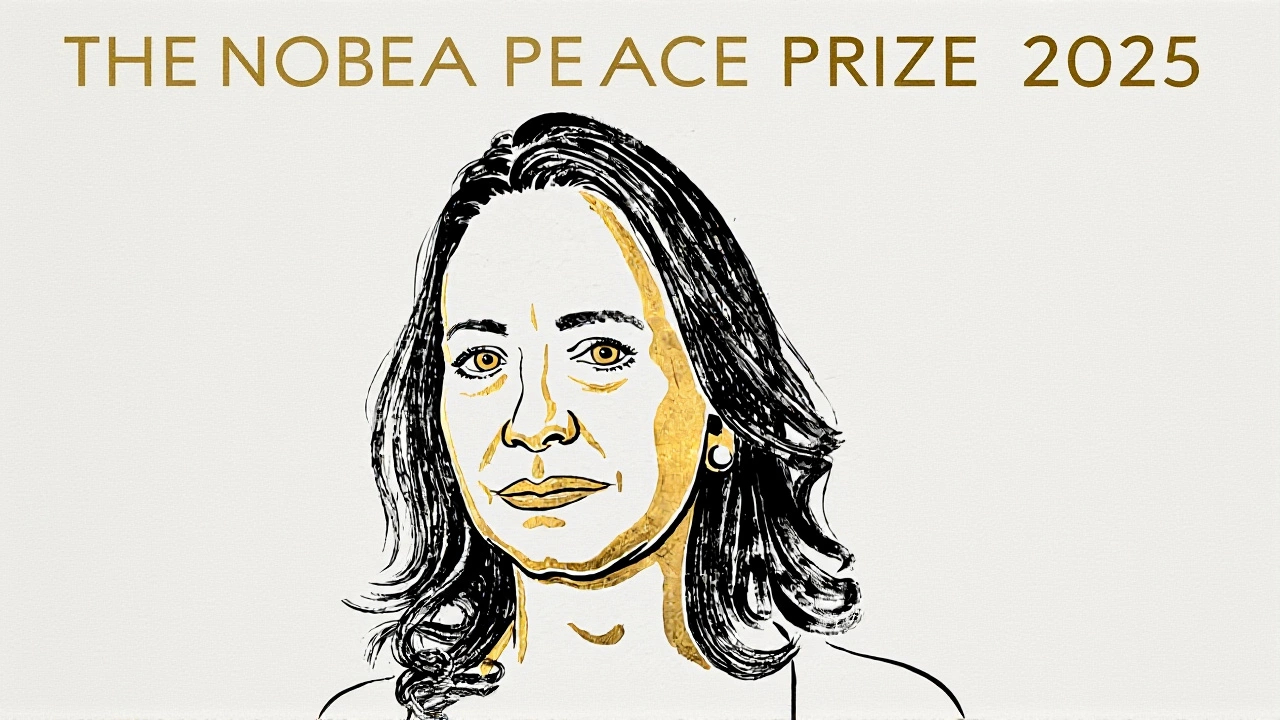Norwegian Nobel Committee – History, Role & Latest Updates
When talking about the Norwegian Nobel Committee, the body that selects the Nobel Peace Prize winners each year. Also known as the Nobel Peace Prize Committee, it works closely with the Nobel Foundation, the organization that manages all Nobel Prizes and honors the legacy of Alfred Nobel, the Swedish inventor whose will created the prizes. Based in Oslo, the Norwegian capital where the Peace Prize ceremony takes place, the committee plays a pivotal role in global peace efforts.
Why the Norwegian Nobel Committee matters
The committee decides who receives the Nobel Peace Prize, a decision that often shifts diplomatic conversations worldwide. It encompasses evaluating nominations, consulting experts, and balancing political sensitivities. For example, when a conflict‑torn region gets a nomination, the committee’s choice can open doors for peace talks, illustrating the triple: Norwegian Nobel Committee selects Nobel Peace Prize recipients, and those recipients influence global diplomacy. This ripple effect shows how a single award can spark negotiations, humanitarian aid, and media attention.
Alfred Nobel’s original intention was to reward those who contributed the “greatest benefit to mankind.” The committee translates that vision into modern terms by looking at human rights, climate action, and conflict resolution. The semantic link is clear: Alfred Nobel established the Nobel prizes, the Nobel Foundation administers them, and the Norwegian Nobel Committee executes the peace‑prize selection. This chain keeps the original spirit alive while adapting to today’s challenges.
The Nobel Foundation, though based in Stockholm, relies on the Norwegian committee for the peace category. This partnership requires close coordination, shared guidelines, and transparent processes. By collaborating, they ensure the prize remains credible and globally respected. The foundation also supports other prize categories—physics, chemistry, medicine, literature—so the committee’s work fits into a larger ecosystem of recognition.
Oslo’s role goes beyond being a venue; the city symbolizes neutrality and dialogue. Hosting the ceremony in Oslo reinforces the peace theme, and the city’s diplomatic history adds weight to the award. When the committee announces a laureate, the news spreads across fields—from scientific breakthroughs to sports triumphs—mirroring the eclectic mix of stories you’ll see under this tag.
That’s why this collection gathers a surprising range of articles: a daring Thar stunt that sparked police action, India’s cricket showdown, a Mars rover discovery, and even discussions about hit‑and‑run investigations. While they may seem unrelated, each piece reflects how global events—whether on a highway or a distant planet—can be viewed through the lens of peace, safety, and progress that the Norwegian Nobel Committee champions.
Below you’ll find the curated posts that illustrate these connections, from high‑octane traffic stories to groundbreaking science, all linked by the underlying themes of responsibility, innovation, and the pursuit of a better world. Dive in to see how each story ties back to the broader impact shaped by the committee’s legacy.

María Corina Machado Wins 2025 Nobel Peace Prize Amid Venezuela Crisis
María Corina Machado wins the 2025 Nobel Peace Prize for promoting democratic rights in Venezuela, a move set to spark sanctions relief talks and intensify pressure on Maduro's regime.